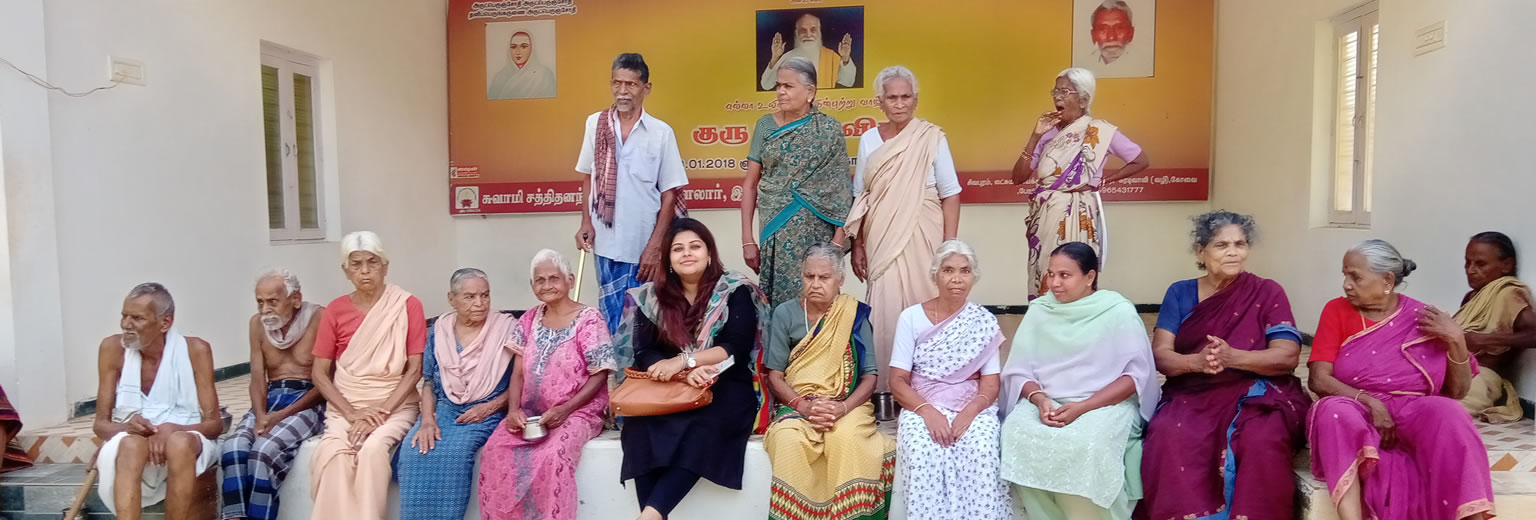A Rural Palliative Home Care Service
The objective of this concept is to develop a home-based palliative care service for the rural population. The objective is to identify and aid those suffering from chronic and severe illnesses.
Palliative care has typically been centred on terminal cancers and end-of-life care for individuals with terminal illnesses. With growing life expectancy and an ageing population, a new scenario has emerged: the need to care for people with noncommunicable, chronic debilitating illnesses including stroke, chronic lung and renal disease, dementia, Alzheimer’s disease, diabetes, and so on.
As society advances, the joint family system breaks down, and nuclear families emerge, the support structure for the elderly and old family members is usually insufficient. This need has been satisfied to some extent in metropolises and metropolitan regions, but at a cost.
The humble beginnings of Aravanaippu
After meeting with the village elders and receiving their approval, 60 MSW (Master of Social Work) students, mostly from PSGCAS, conducted a house-to-house survey encompassing 648 homes. During this study, they identified 63 people who needed palliative care. Following this, CCF met with government panchayat officials, educational institutions, youth organisations, SHGs, and local industries on several occasions, and established a volunteer force from the local community to take ownership of the project.
We began the project in April 2019 after sensitising the community, raising awareness, and holding screening camps. During their annual day in January 2019, the socially minded students at National Model School Coimbatore earned INR 5 lakh rupees through a fund-raising carnival and donated a vehicle to our cause.
With a functional model in place, periodic audits, and impact assessment studies, we will soon offer this model to corporates as a sustainable Corporate Social Responsibility (CSR) initiative in villages near their activities, with the goal of scaling up and reaching out to a much wider rural population.

